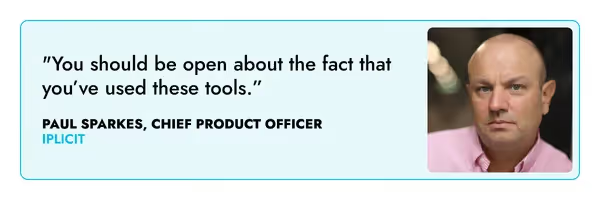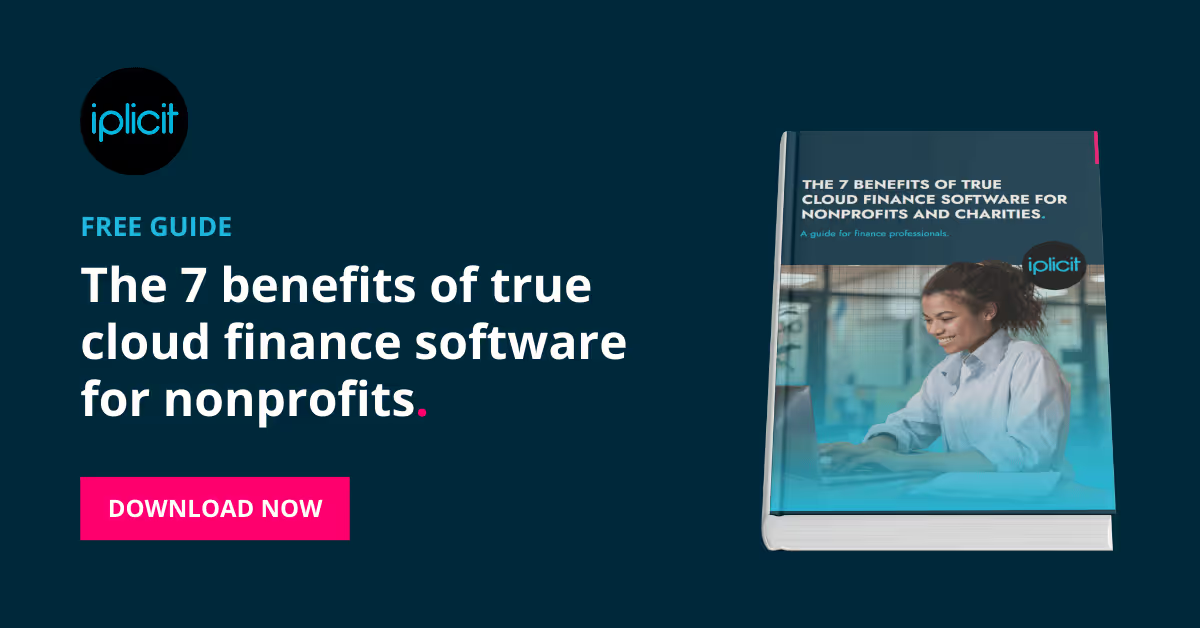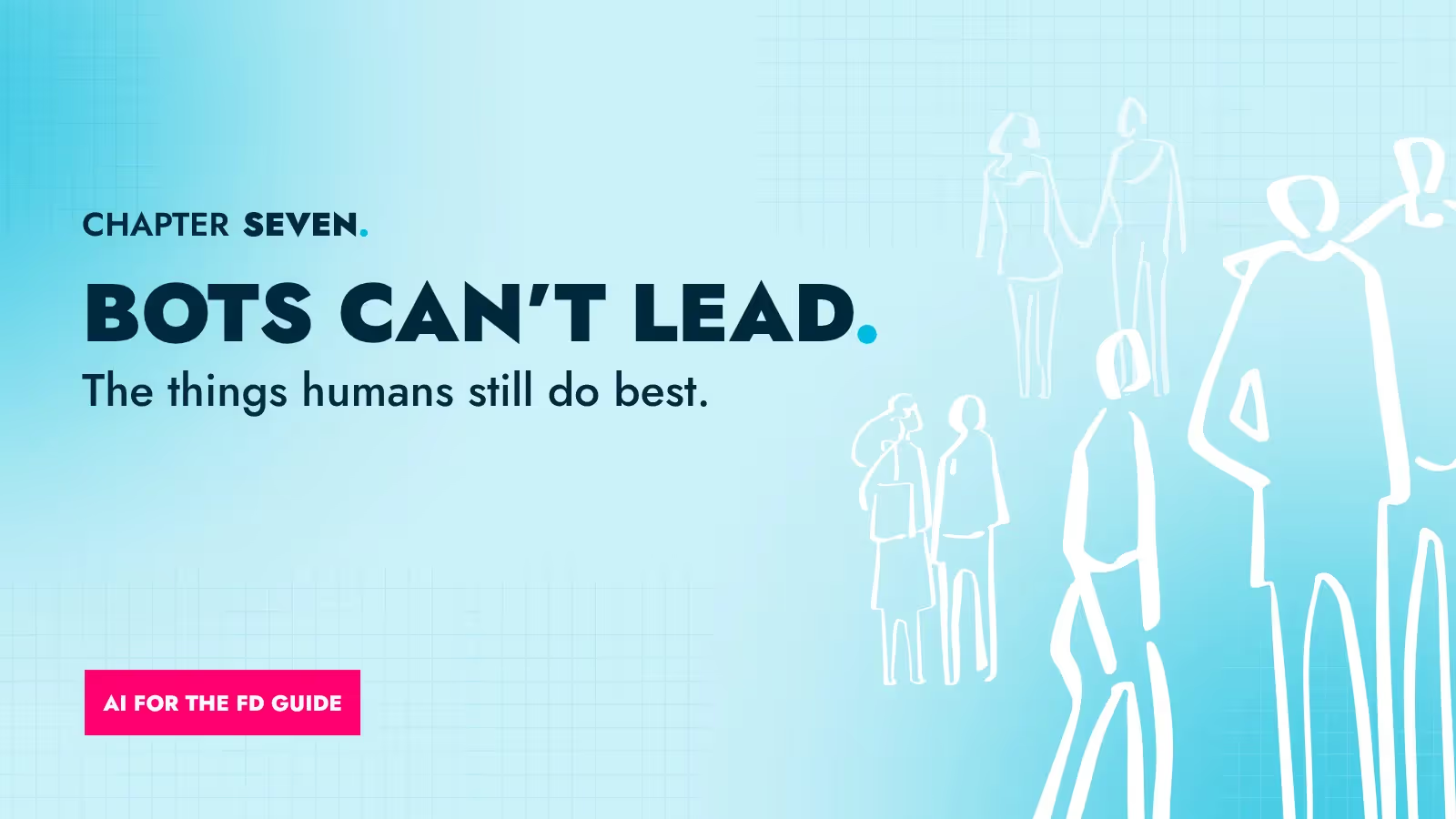The AI afterword: 'It'll make you look fantastic'
Understand how AI is reshaping finance roles and why embracing it now can boost your impact. Learn why it's not cheating to use AI, how to start small, and why curiosity and experimentation are key to staying ahead.

‘AI will do the heavy lifting’

However AI develops – and whether or not it lives up to the expectations of its biggest cheerleaders – it’s highly likely to change your job.
Ali Kokaz, Head of Data and AI at One Peak, thinks we’re in for some more upheaval before things settle down a bit.
“We’re going through a bit of a hype cycle. At the moment, it seems everyone is talking about how it could change the world and thinking Planet Earth as we know it won’t exist in 20 years,” he says.
“Later, we’ll get the trough of disillusionment, where people realise they still need to do some things the old way – they’ll have to review AI’s results and actually read some of those articles it’s summarised.
“Eventually, we’ll get to the plateau of productivity. That’s the sort of phase where people realise that it won’t write all those reports for you but it will produce first drafts and save 70% of the time. It’s the phase where people will say ‘I can’t use it for this task, but I can use it for that’. People’s roles generally won’t disappear but they will be redefined. We’ve seen that with every big technological shift.”
Daniel Lawrence, CEO of the accountancy automation business Bots For That, says: “The technology will keep evolving faster than any of us can fully keep up with. There will always be risks, new models, new terms and new hype cycles. But beneath all that, one truth remains constant: clients don’t just want compliance. They want clarity, confidence and human judgment they can trust.
“AI will take care of the heavy lifting. Your job is to add the meaning, the context and the value. That’s where your expertise, your creativity and your relationships come in, and that’s something no machine should replace.”
‘It’s not cheating’

Paul Sparkes, iplicit’s Chief Product Officer, says AI is a seismic shift, affecting knowledge work the way machinery affected factory production lines. Getting better at understanding and using it can only be good for your career. “It's going to make you look fantastic,” he says
“I was chatting with somebody the other day who said that when they first discovered AI, they felt a little bit embarrassed. They felt as though they were cheating. But I believe passionately that you should be open about the fact that you've used these tools.
“If you were in a factory and you found a machine that would improve productivity by 50%, why would you be embarrassed to share that with your colleagues? For some reason, it feels like it's some sort of black magic, but it's not. It just needs good governance and management and some key rules that you follow.”
‘Just try one thing’

As this guide has sought to show, it’s definitely not too late to improve your AI skills, even if you haven’t learned much about it so far.
“I’d say don’t despair,” says Jack Rhodes, iplicit’s Revenue Operations Lead.
“It's a rapidly evolving technology. Conversational AI is less than three years old. People often feel like they're falling behind or that the technology is moving so fast they won’t keep up. But it’s as though we’re in the 1990s and the internet's just happened. We don't really know yet how deeply AI will embed in our day-to-day but just dipping your toe in, starting to interact and converse with it, is a really good place to start. Just keep it simple.”
Business leaders shouldn’t be afraid to ask basic questions on the subject, says Olivia McMillan, iplicit’s Chief Operating Officer.
“It's moving so rapidly that if you don’t know something, the chances are there will be other people around the table who also don't know. So you need to be vulnerable in that way,” she says.
Indi Tatla, podcaster and CEO, believes the technology will be a game changer for businesses, although some industries will “really suffer” from the upheaval.
“The pace of change in the past two years alone has been incredible and in another two years it will have moved on very quickly,” she says.
“So you need to get involved and dip your toe in. Just try it one thing, one pain point, and see how you get on.
“Just as they used to say ‘There’s an app for that’, there will definitely be an AI for that.”
Happy experimenting.
💡 TOP TIP
Think of one pain point in your everyday work. Then devote some time to investigating how AI could help. It could be the start of a productive AI journey.
Latest guides
Want to see iplicit in action?
Book your demo and discover how iplicit can simplify your finance operations, automate manual processes, and give you real-time visibility - wherever you work.










